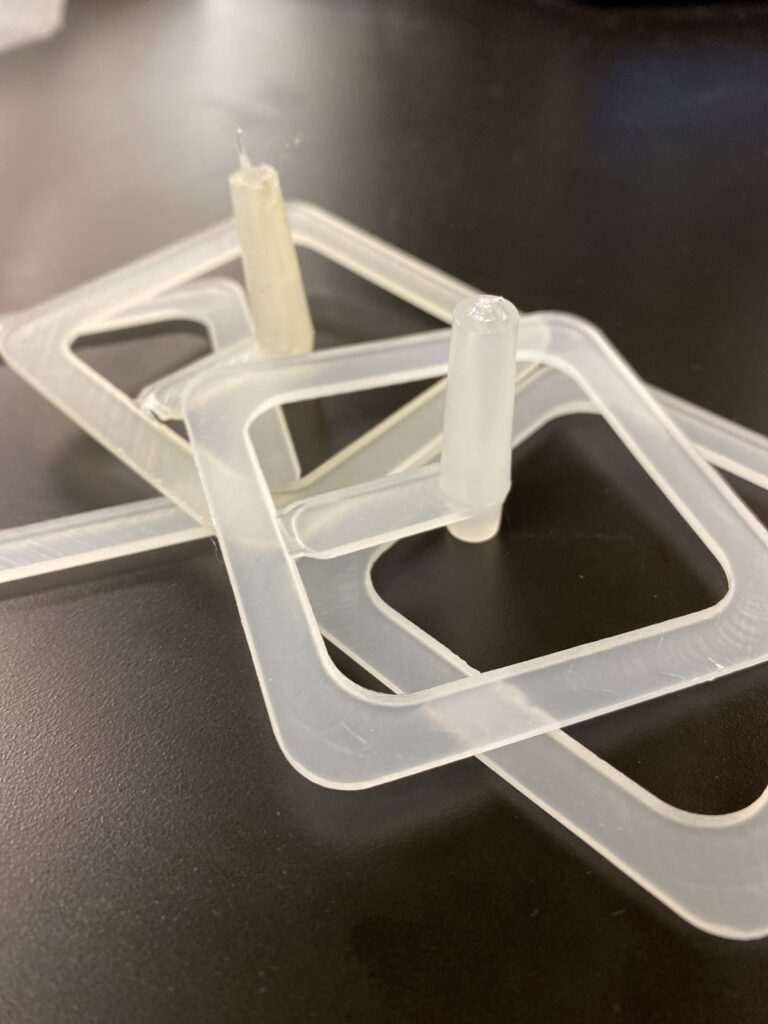Current Project: Learning Sustainability through Plastic Recycling, Repurposing, and Promoting a Circular Economy for Plastics for a Sustainable Future
The objective of this project is to serve as a catalyst to create an effective continuous, sustainable, and circular recycling process. We are interested in integrating sustainability to the chemical engineering degree program and in creating a framework to facilitate the incorporation of hands-on sustainability to courses in other disciplines.
- Experimentally, our project creates fully recycled plastic products designed to minimize the solid waste generated by UT research laboratories. We fabricate products of substantial value, both environmentally and financially, which can then potentially lead the way for economies of scale and enduring value creation in college campuses.
- Educationally, we are advancing sustainability education, and fostering a heightened sustainability awareness throughout our campus in collaboration with EH&S and the Office of Sustainability.

Sustainability Education
We are interested in the integration of sustainability education to the chemical engineering curriculum. We recognize a growing interest in the formation of engineers that understand the importance of sustainability and that are capable of driving engineering projects towards sustainable development. As a result, there is an increasing need for engineering graduates that can effectively apply sustainability concepts to the formulation of engineering solutions to real world problems.
The learning of sustainability concepts in the engineering classroom requires the creation of hands-on opportunities that allow students to propose the efficient solution of environmental problems. Nonetheless, the experiential practice of sustainability can be challenging in the classroom. While the concepts of sustainability, circular economies, and recycling can be taught and incorporated in different courses across the chemical engineering curriculum, the application of these concepts through hands-on classroom experiences can be difficult and often overlooked.


Samples produced from the lab’s injection molder using polymer pellets
Our project focuses on the incorporation of hands-on experiences that allow our students to practice sustainability concepts through the study of polymer processing, the economic analysis of circular economies, and the completion of recycling projects.

Our sustainability research is sponsored by the UT Austin Green Fund

